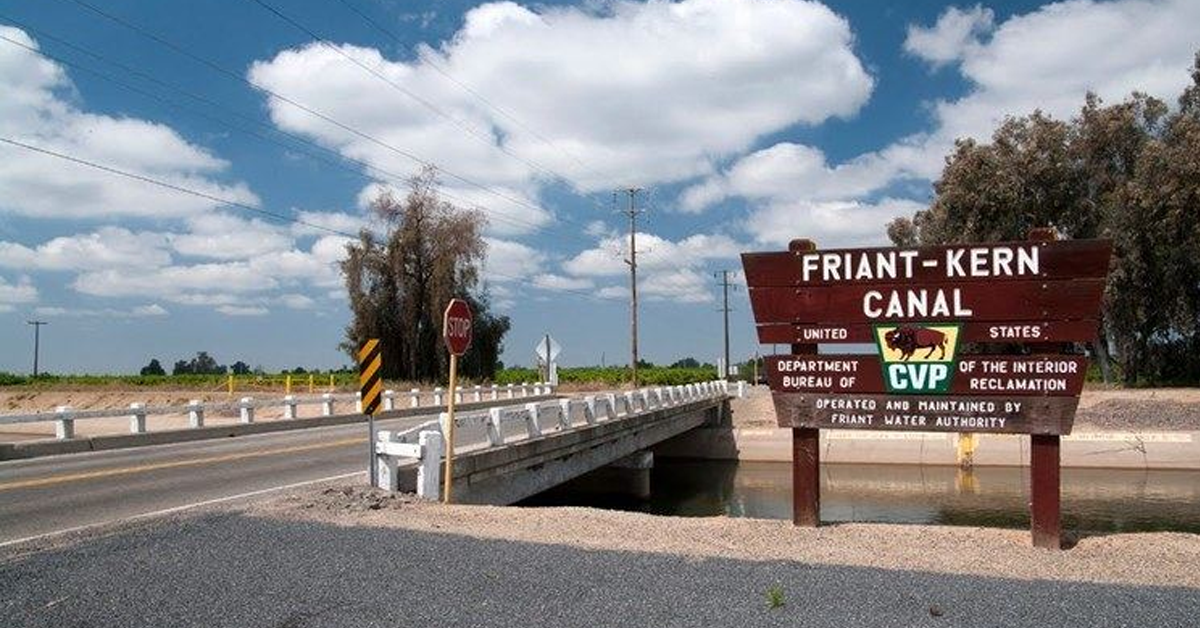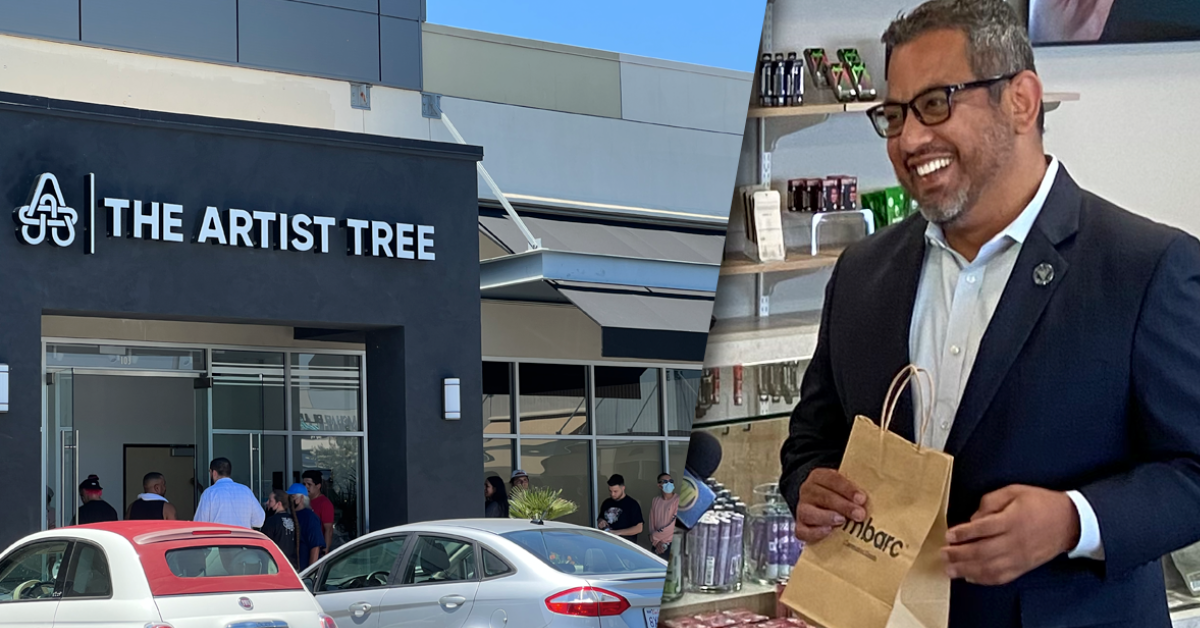QUESTION (from Darius Assemi) on CRIME
Granville’s Assemi began by noting that, according to FBI statistics, crime rates are worse in Fresno than in Clovis. If this continues, Assemi said, Fresno might become little more than a neighboring slum to Clovis. It’s also a fact, Assemi said, that “new home buyers are moving to Clovis at a rate of 6 to 1 vs. Fresno, per capita. They’re taking property taxes, they’re taking jobs, they’re taking sales taxes. Shopping centers are following those homeowners…. At the same time developers have been in a mass exodus from Fresno to Clovis, where the climate of getting developments approved and accommodating the needs of the homebuyers has been substantially easier …. If you’re elected mayor, what steps would you take to make the city of Fresno’s Development Department more business friendly and how would you reverse the exodus of homebuyers and businesses and developers to the city of Clovis?”
PEREA: “First, let me say this: We will never ever be a slum to Clovis. That will never happen in Fresno. And we will take care of that by having the right leadership in place to make sure that every day, when city employees wake up, we are doing everything in our power to maintain the quality of life in this neighborhood for everybody.
“Now, what do we do to make Fresno more business friendly, specifically? The short answer is this: I’m tired of talking about it. I’m tired of hearing about it. I’ve heard it for 20 years in this town. This is what you do. What we’re going to do is put performance standards on every activity that our planning and building department has before it. If it’s a two-day permit to put a building pad in your backyard for a patio or six months to build a housing project, if that target isn’t met the customer will get their money back.
“And I can tell you as the mayor, if I get a report every month that says there’s a lot of money going back to people every month because we’re not meeting standards, then we talk about either retraining the workforce because somebody is missing something or we need to find somebody else to do the job right. We have to get to the point where we’re executing the plan and bringing more industrial development and (industrial) parks into this community.
“Because it’s not about asking people for more money. It’s about expanding the economic pie in this community, and we do it by having shovel-ready industrial parks in Fresno.”
SPEES: “As mayor, we’ll grow local businesses and bring good-paying jobs here. Our unemployment rate is unacceptable. I’ll provide top customer service with incentives to grow local businesses and attract new businesses and encourage young entrepreneurs to build a thriving downtown.
“Now, Darius, you’re a part of this solution. One of the things that I had an opportunity to be a part of was to purchase two blighted blocks of downtown real estate. The organization that I headed up to lead that charge began to falter at the recession. I had left the organization four years earlier. They asked me to come back. And I worked with local businessmen to put together a partnership of yourself and the Housing Authority and private investors and churches to rebuild historic homes, to place brand new market-rate housing on that block. And the result was that Bitwise located their technology unit right there, and it’s thriving. That’s the type of hands-on development that will change Fresno.”
ASSEMI: “I have to go back to H. How would you specifically work with the Development Department to make sure city of Fresno is more business friendly?”
SPEES: “You’ve got to make the Development Department customer-oriented. It’s all about customer service. And delivering that customer service – I recently talked to JD Food, which is expanding by 150 employees and a very large part of their operation, their meat operation. They were successful in meeting every deadline primarily because Larry Westerlund (the city’s economic development director) was assigned to them. That needs to become the norm, not the exception.”
BRAND: “I think every administration over the past 20 years has made promises of streamlining the permitting/plan-check process. And I think everyone has been partially successful. I think passing the Development Code, which you know was a very arduous process, and having by-right development is one of the major steps toward improving business-friendly Fresno where you can actually come in and have the entitlements and no CUP is needed.
“What I’ve done in seven years is not simply talk about things. I’ve found solutions. I recently introduced this Economic Expansion Act, which is a set of incentives that don’t risk general fund dollars but offer things like abatement of development impact fees, covering the cost off-site improvements and performance-based incentives in industrial areas and areas that qualify as (underperforming) areas that will stimulate the economy and bring these jobs into Fresno, create opportunities for people to live here to where they don’t have to join gangs. That’s how we compete with Clovis. We can’t continue the current course we’re following.”
Assemi then quoted a local civil engineer who claims that City Hall is less business friendly than it was several years ago.
BRAND: “I think it’s a cultural problem there. I think you have people there that just aren’t … customer-service oriented. I think we have to come there as the new mayor, look at the department director, look at the staff. Maybe you might even consider out-sourcing part of that as a way to incentivize people that are customer-oriented.
“Something dramatic has to happen, because I’m in the business myself. I’ve done business in a lot of cities in California, and Fresno has probably been one of the lowest. But there’s got to be some dramatic changes to make a difference.”










